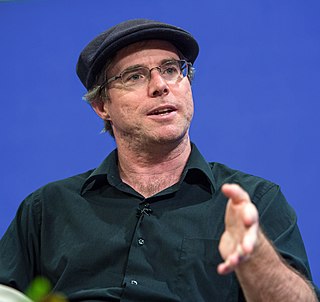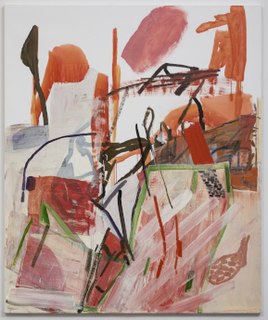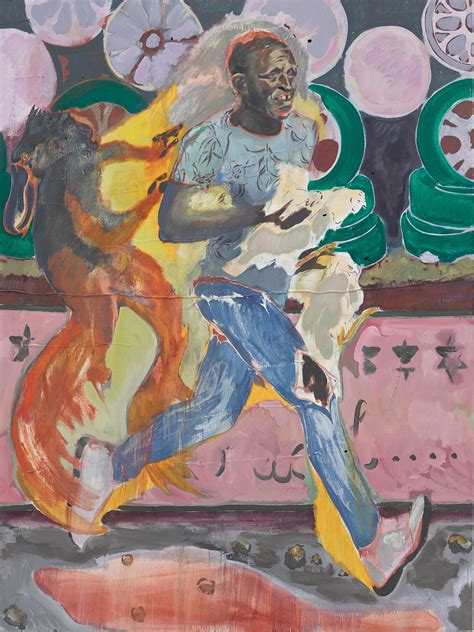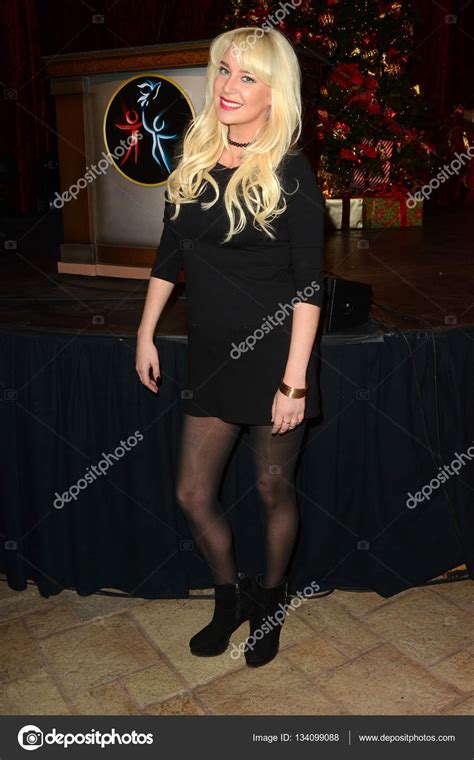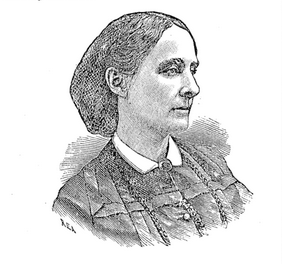A Quote by Arthur Miller
Related Quotes
If you are walking backward, away from something you think is a mistake, you may be right in supposing it is a mistake, but for you to be walking backward is never right. You know what happens to people who walk backward.... We are meant to walk forward, not backward, and reaction is always a matter of walking backward.
I want to expand the question of when something is done. I want to vex the ending. I want to mess around with that. I like the idea that if you make a work that has no clear ending, then you must play with the ending. Because if you don't, you're not highlighting the weird, lovely openness of abstraction.
It's always easiest for me as a writer if I know I have a great ending. It can make everything else work. If you don't have a good ending, it's the hardest things in the world to come up with one. I always loved the ending of 'The Kite Runner,' and the scenes that are most faithful to the book are the last few scenes.

